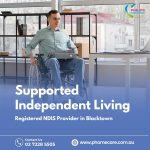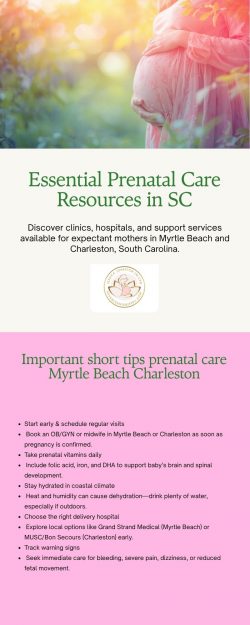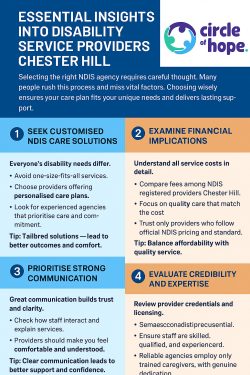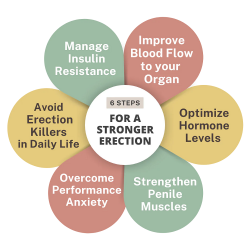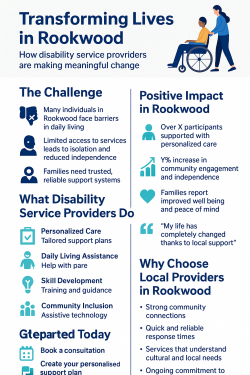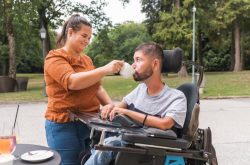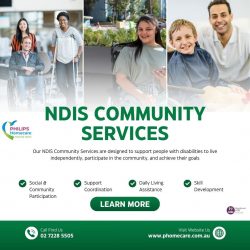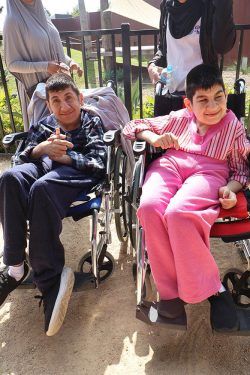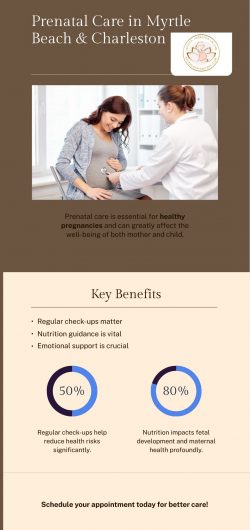Nurturing Emotional Health Through Disability Programs
Emotional health plays a vital role in overall wellbeing, especially for individuals living with disabilities. It affects how people cope with challenges, connect with others, and maintain a positive sense of self. Through the right supports, individuals can strengthen resilience and build meaningful connections. One key avenue for this is through ndis disability community services, which focus not only on physical assistance but also on fostering emotional and mental wellbeing.
Many people associate disability programs with daily living support, mobility assistance, or skill-building activities. While these are important, an equally significant aspect is the focus on emotional health. Ndis disability community services often include opportunities for social participation, peer support, and creative expression. These activities help individuals combat isolation, reduce stress, and build confidence. Having access to spaces where people feel heard and valued can make a lasting impact on emotional resilience.
A central component of emotional wellbeing is connection. Disability programs encourage social inclusion by creating safe environments where individuals can form friendships, share experiences, and engage in group activities. This sense of belonging supports self-esteem and allows participants to feel understood and accepted. By engaging in community-based programs, individuals experience less loneliness and greater empowerment, which are key contributors to mental health.
In addition to social opportunities, many ndis disability community services incorporate skill-building workshops and activities designed to promote self-expression. Art, music, and recreational programs provide safe outlets for expressing emotions while also fostering creativity and joy. Learning new skills and achieving personal goals also boosts self-worth, further strengthening emotional wellbeing.
Access to these supports also encourages independence. Emotional health often thrives when individuals feel a sense of control over their lives. Programs that teach coping strategies, resilience-building, and decision-making skills empower participants to navigate challenges with greater confidence. This empowerment contributes to reduced anxiety and improved self-image.
Families and carers also benefit when emotional wellbeing is prioritised. When individuals have access to nurturing ndis disability community services, they experience improved quality of life, which in turn supports positive relationships within their families and social networks.
In conclusion, nurturing emotional health is just as essential as supporting physical or practical needs. Ndis disability community services create meaningful opportunities for connection, growth, and empowerment, helping individuals live with confidence and resilience. By focusing on emotional wellbeing, these programs ensure that people with disabilities can thrive not only in their communities but also within themselves.
Learn More: https://www.phomecare.com.au/2025/04/23/disability-community-services/












